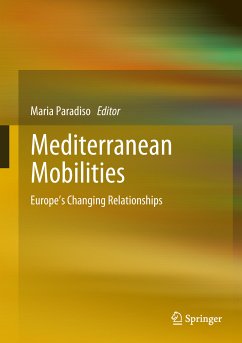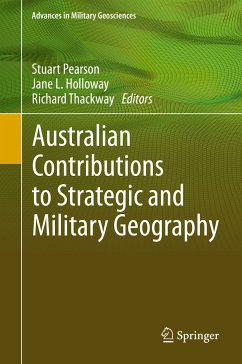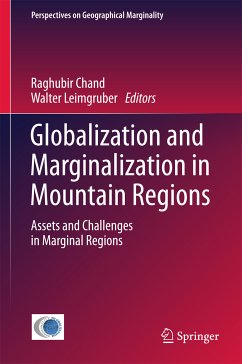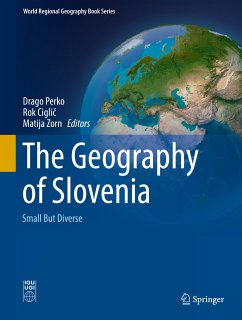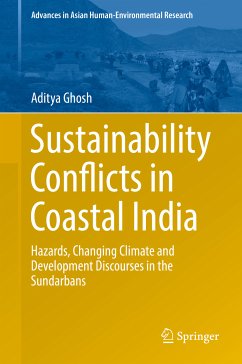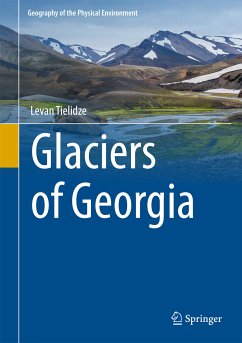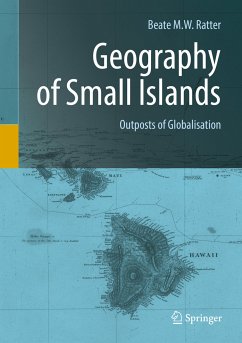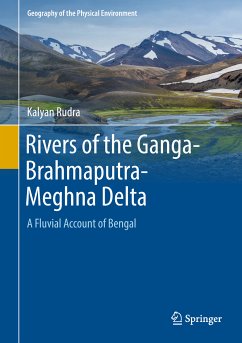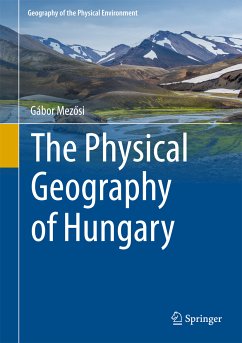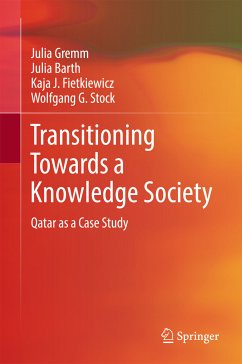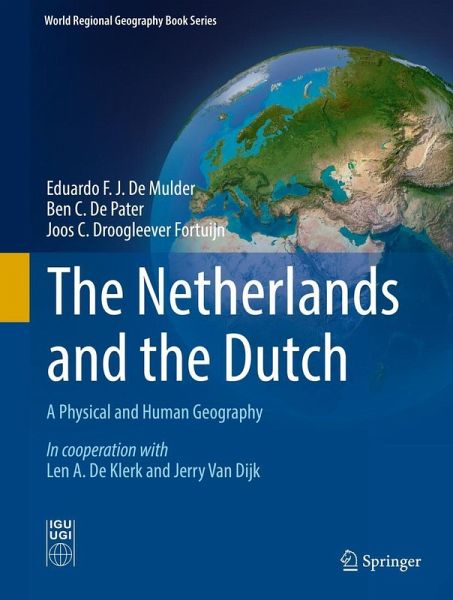
The Netherlands and the Dutch (eBook, PDF)
A Physical and Human Geography
Versandkostenfrei!
Sofort per Download lieferbar
136,95 €
inkl. MwSt.
Weitere Ausgaben:

PAYBACK Punkte
68 °P sammeln!
Provides a comprehensive and in-depth analysis of the physical and human geography of the Netherlands Identifies current and future challenges and perspectives of the region and offers solutions Offers an interdisciplinary approach written by leading experts in the field Bridges natural and human interactions in the light of recent developments
Dieser Download kann aus rechtlichen Gründen nur mit Rechnungsadresse in A, B, BG, CY, CZ, D, DK, EW, E, FIN, F, GR, HR, H, IRL, I, LT, L, LR, M, NL, PL, P, R, S, SLO, SK ausgeliefert werden.



